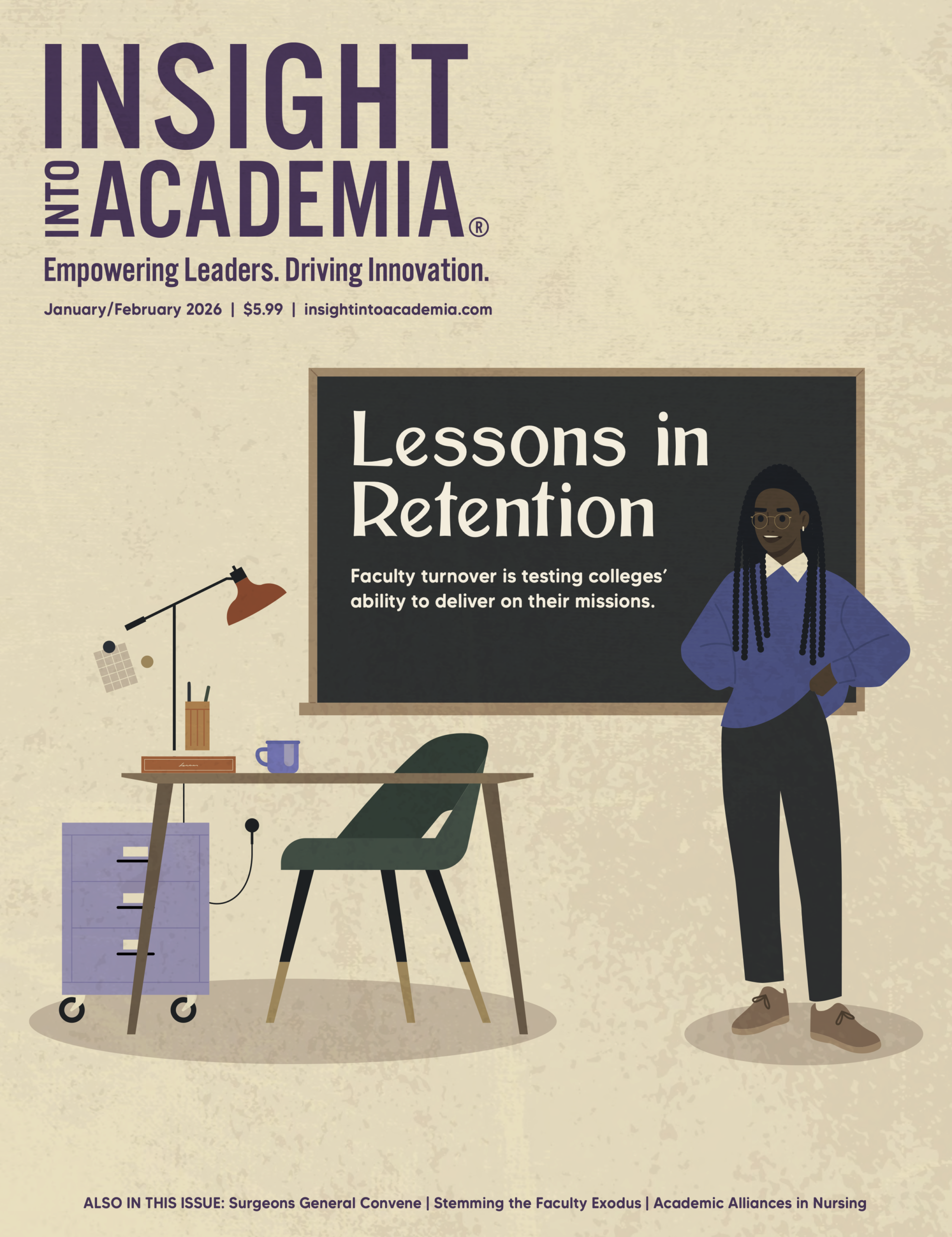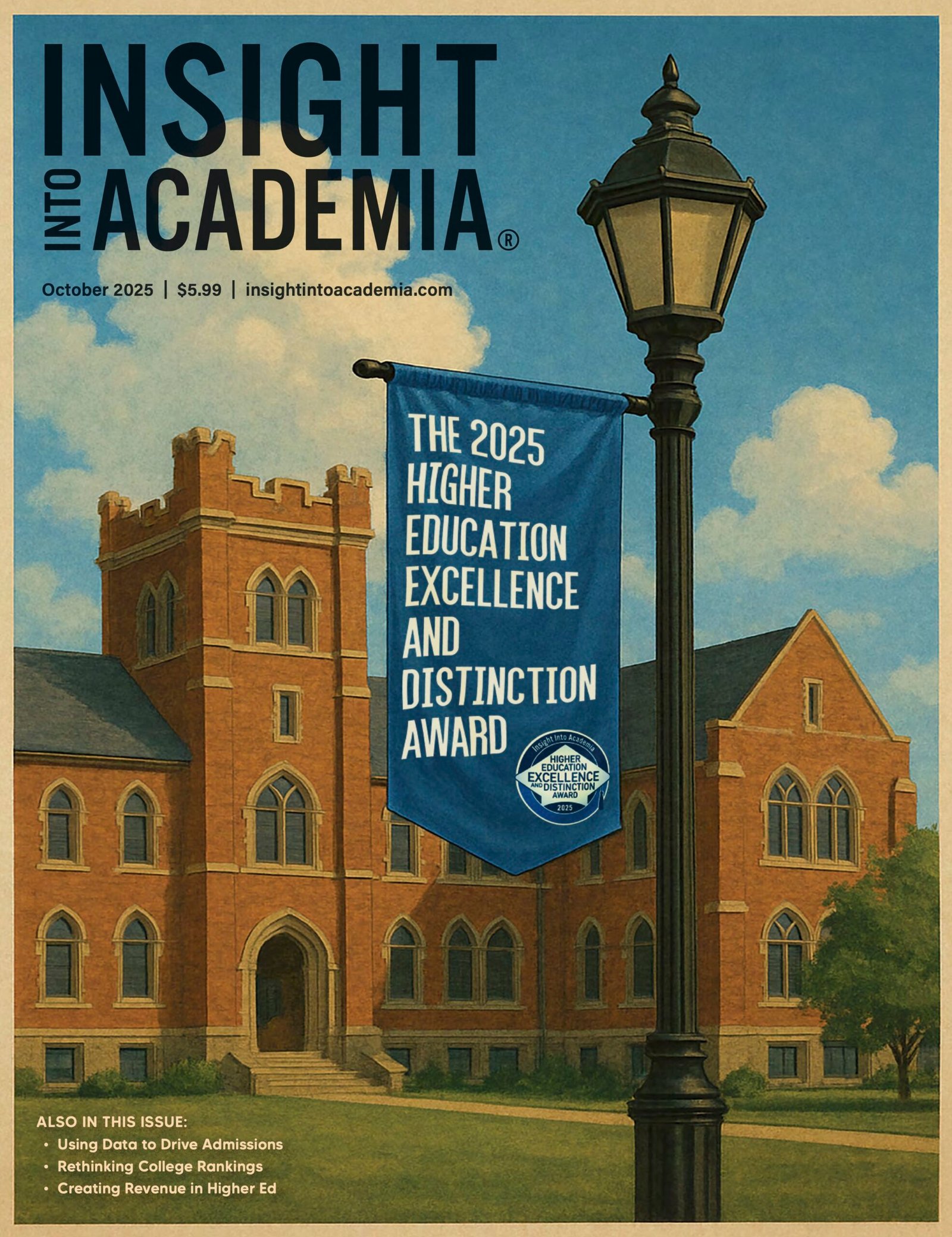In a concerning trend, several states continue to pass bills or enact policies that restrict diversity, equity, and inclusion (DEI) efforts in higher education. Utah’s legislature recently approved a bill prohibiting diversity training, hiring, and inclusion programs at universities and in state government. The bill, awaiting Republican Gov. Spencer Cox’s likely signature, prevents universities from having dedicated offices for promoting diversity and bans the requirement of DEI commitment statements from employees. Gov. Cox, who has shifted right on DEI issues, considers such initiatives “awful, bordering on evil.” Critics argue that these measures undermine academic freedom and fail to address disparities in college enrollment.
Similar measures have been enacted in Florida, where the Board of Governors voted to prohibit state funding for DEI initiatives, including “political or social activism” on campus. This decision follows the state’s regulations limiting public funding for DEI programs in public colleges. Florida Governor Ron DeSantis has been a driving force behind these initiatives, seeking to restrict race-related curriculum and requesting data on courses related to diversity, equity, and inclusion.
Meanwhile, other states like Iowa and Wisconsin have directed universities to eliminate staff positions focused on diversity, equity, and inclusion, redirecting them toward “student success.” Oklahoma Governor Kevin Stitt issued an executive order restricting state funds for DEI efforts in state agencies and higher education, also banning DEI statements in the hiring process.
The push against DEI extends to the legal profession in Florida, where the state’s Supreme Court directed the Florida Bar to remove funding for diversity and inclusion from its upcoming budget. The move eliminates funding for the Diversity and Inclusion Committee, redirecting it to an Outreach and Engagement Committee focused on increasing member involvement without a specific DEI mandate.
This anti-DEI trend has sparked a nationwide debate, with Republican-led legislatures proposing dozens of bills across at least 17 states to restrict or disclose DEI initiatives. Conversely, Democrats have introduced bills in nine states supporting DEI initiatives, highlighting a stark political divide on the importance of promoting diversity, equity, and inclusion in education and beyond. As these measures continue to unfold, the impact on academic environments, workplace culture, and social progress remains a subject of intense scrutiny and debate.















